Overwatch 2‘s second competitive season is coming to a close towards the beginning of February, but the game still has some major balancing issues that are affecting players’ enjoyment of the competitive experience.
Luckily for some players, specifically tank mains, developers have alluded to some changes coming in season 3 that might help to balance out the three roles in the game. Developer Jared Neuss recently responded to a content creator’s concern about DPS ultimate charge rates in the current live game, and said developers are working on changes to this passive ability.
Before the final beta of Overwatch 2 was released last summer, Blizzard announced that each hero role would be getting a unique passive ability. The ability for DPS heroes was part of an attempt to encourage hero-switching mid-game. DPS players can now retain up to 30% of their ultimate ability charge when they switch to a new character in the middle of the game.
This change incentivized counter-picking, which has been a key part of Overwatch for years that sets it apart from other similar first-person shooter titles.
Though this change did encourage DPS players to switch more freely in matches, it also means that choosing the right composition from the get-go is not as important. It also means that more DPS ultimate abilities are being used on average each game. Support heroes in general already have some of the fastest ultimate charge in the game, so it feels like tank players get the short end of the stick here for a few reasons.
First, they have to be aware of and prepared for more ultimates, and more types of ultimates, that they have to counter to protect their team. And with Overwatch 2’s change to five-vs-five, there isn’t another tank to help out at all anymore.
Tanks also have less incentive themselves to counter-pick now, since they don’t get the same 30% ultimate charge bonus that DPS get when they switch, and supports can often easily switch and build another ultimate within one fight.
Aside from the assurance that developers are not only aware but are also actively working on the issue, Neuss also said that Overwatch 2 developers are working on streamlining their method of communication with the public about the game.
“We have plans for regular (weekly or biweekly) comms that will manifest soon,” Neuss said in a following Tweet.
He said that at the moment, developers usually communicate via longform updates or replies in Twitter threads that can get buried, like the one above. Trying to be more open about development and balancing issues could go a long way in an Overwatch 2 community that has had a mixed reception to the game since its release last October.


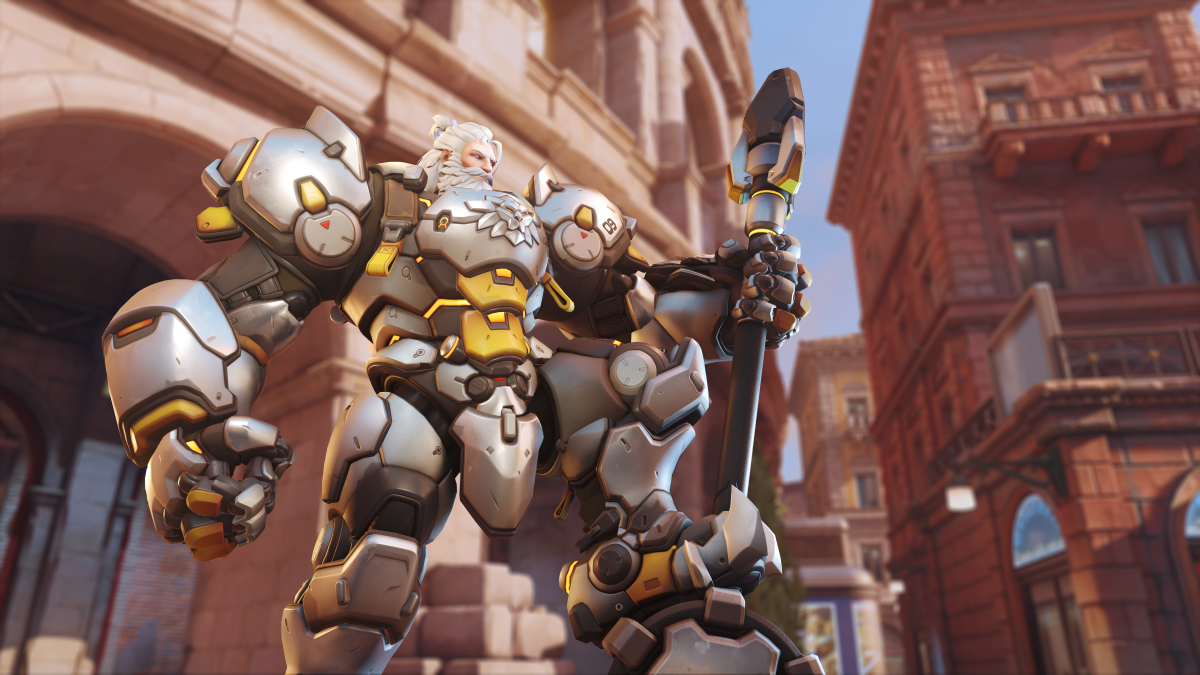
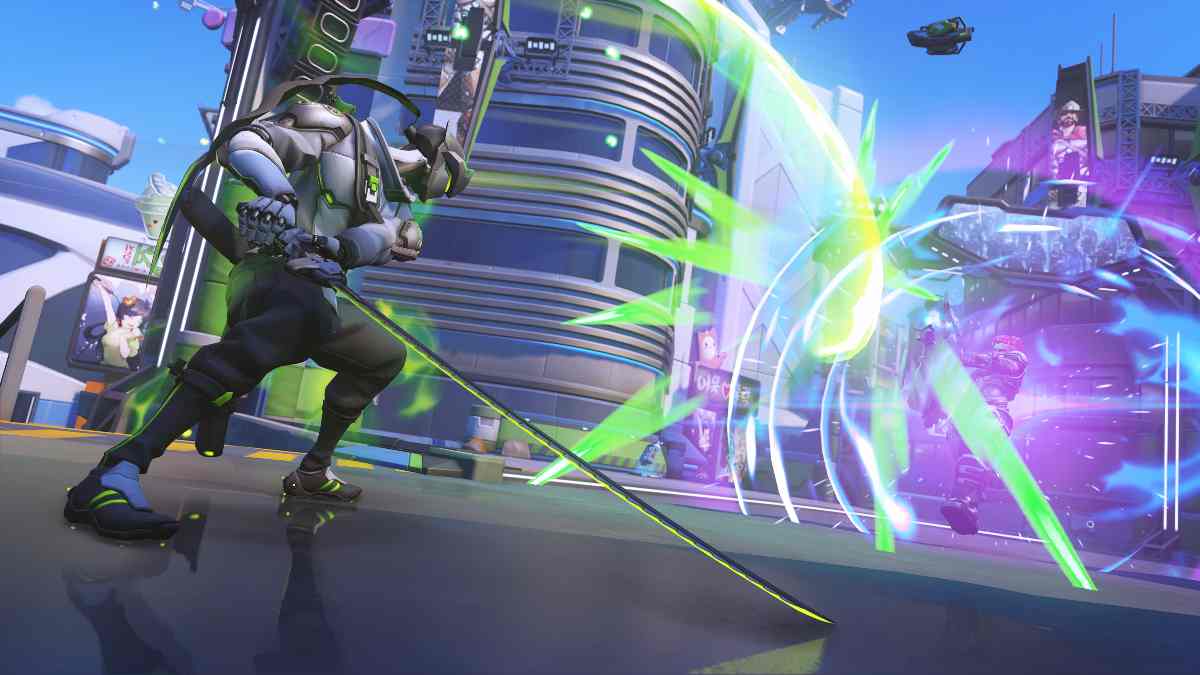
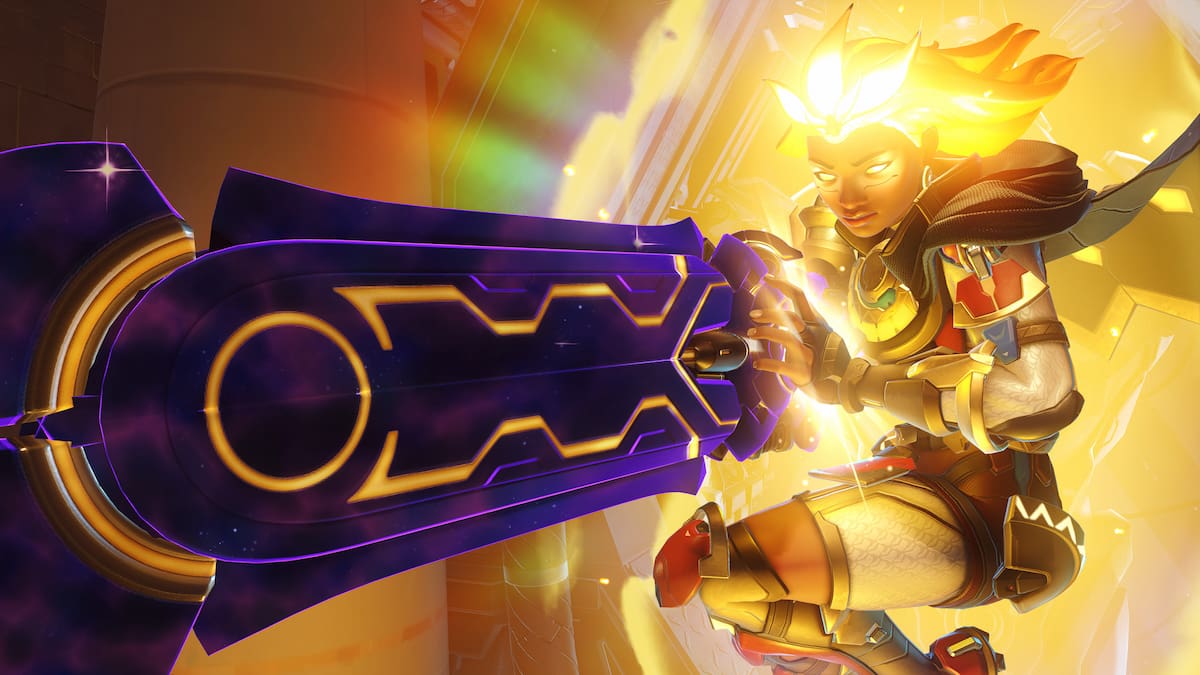
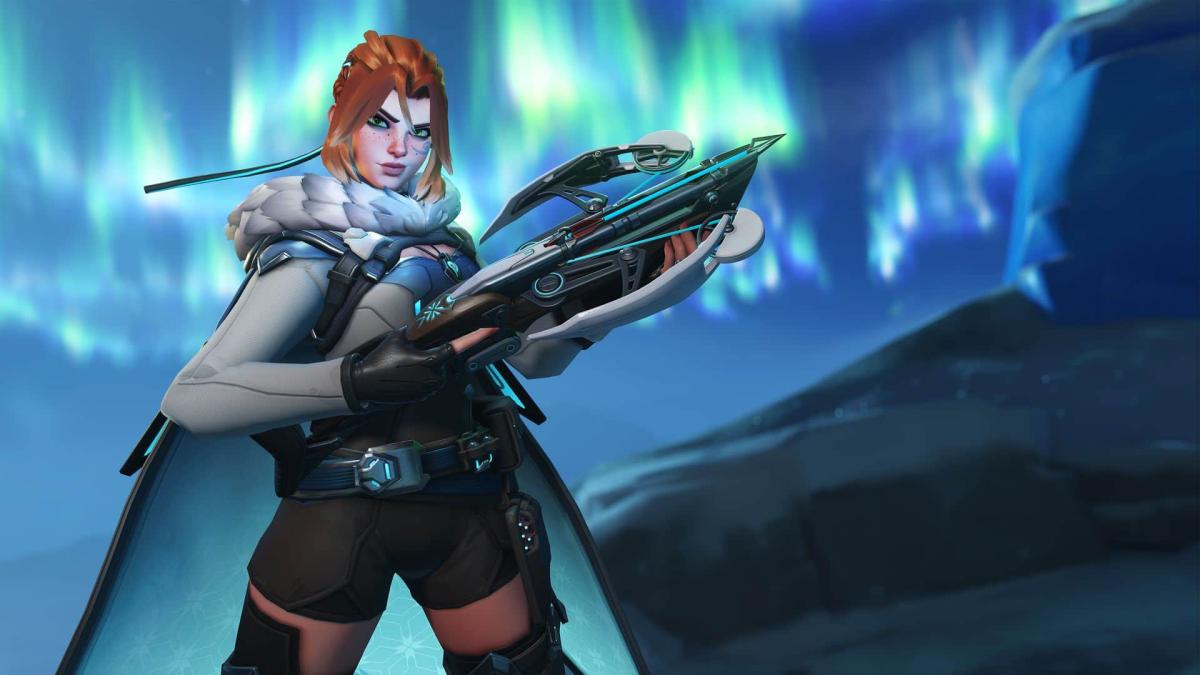
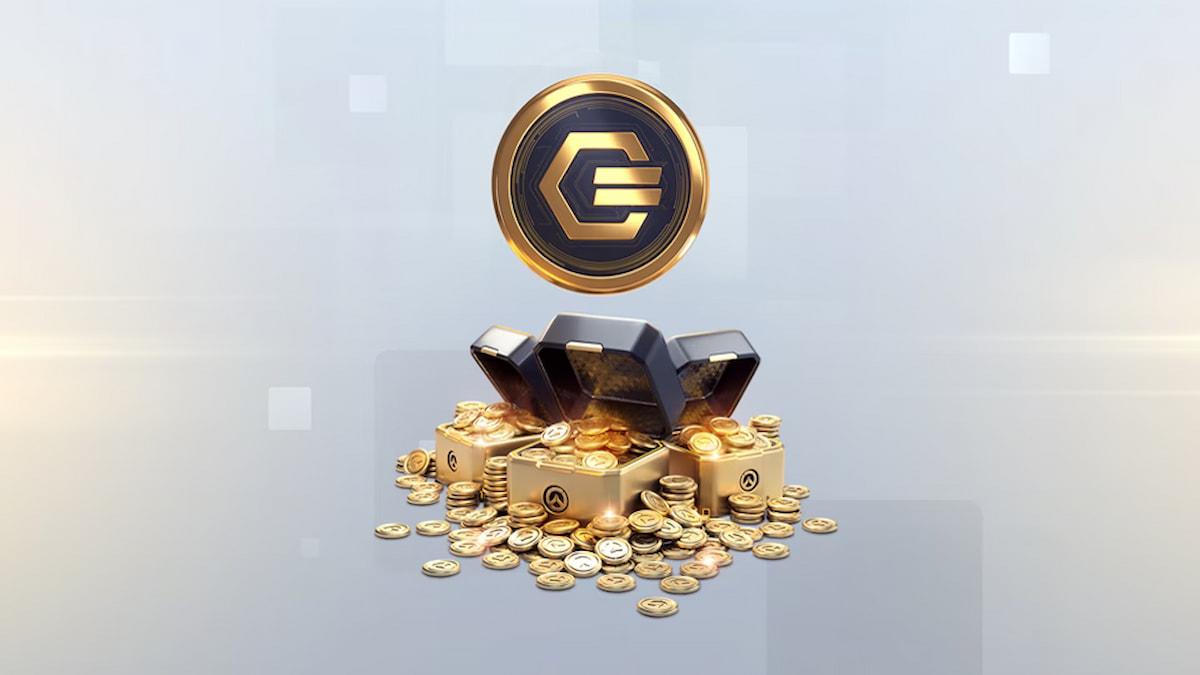

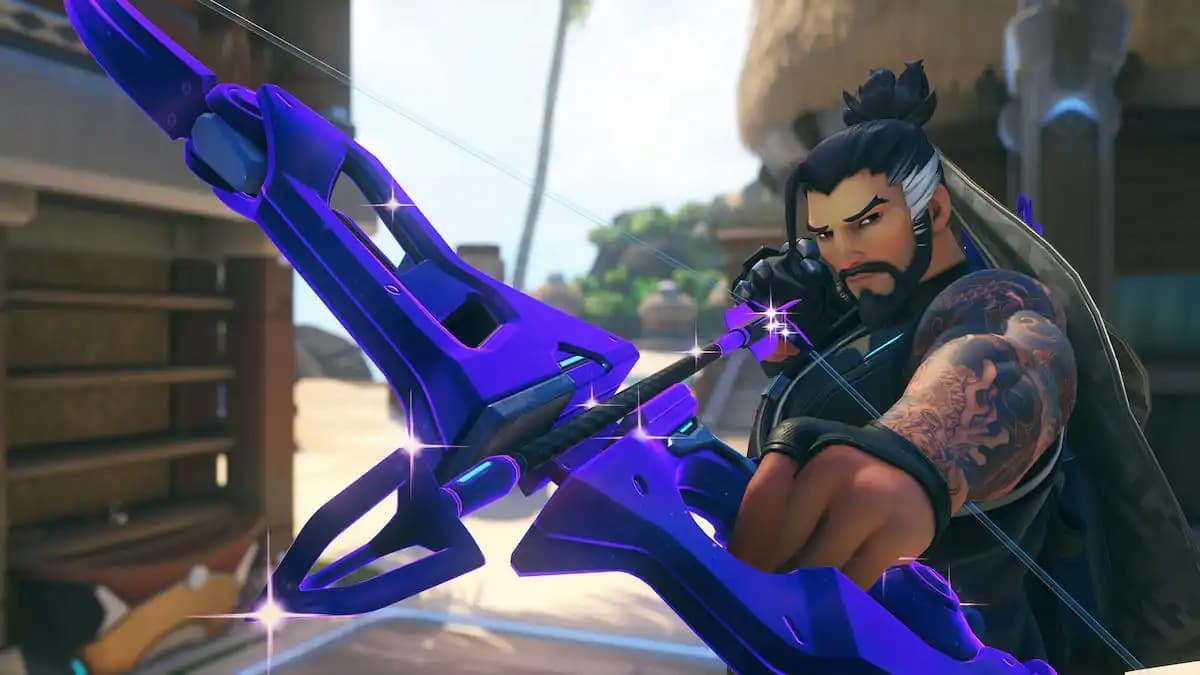

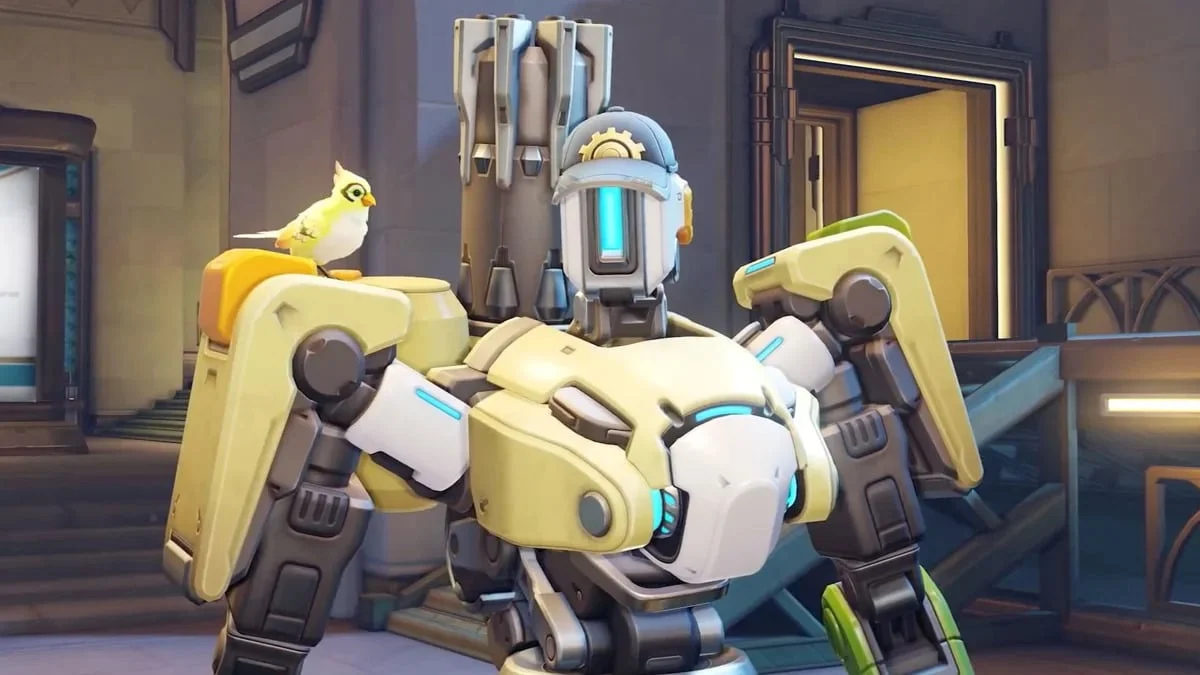
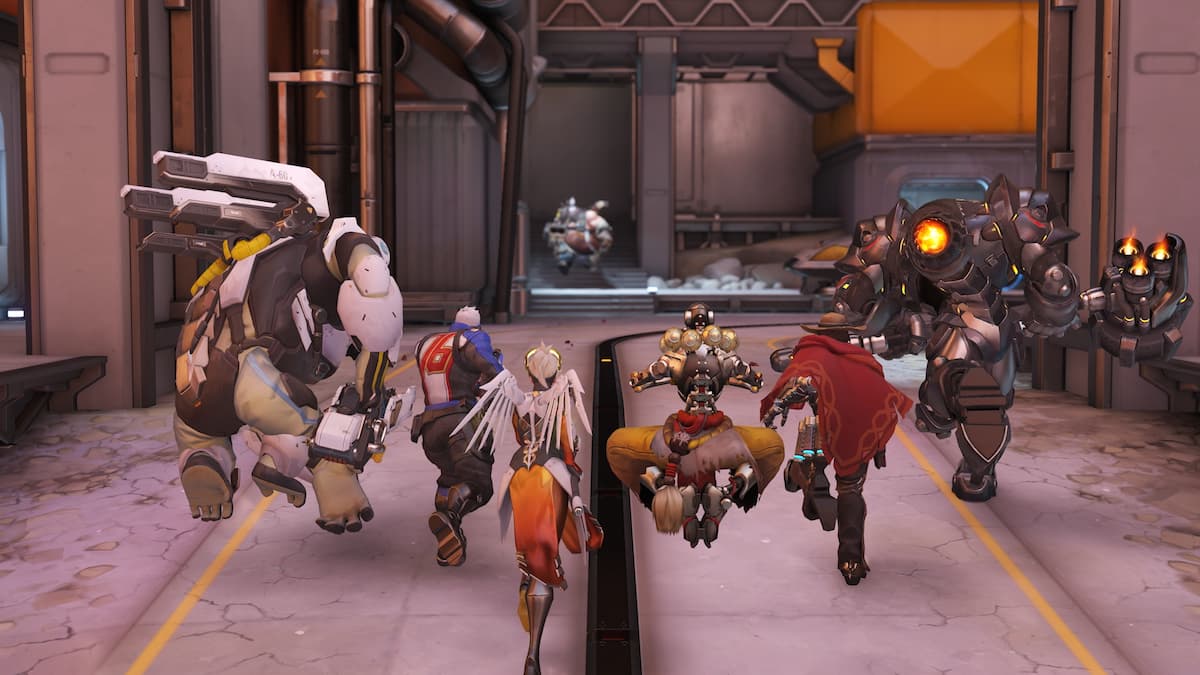
Published: Jan 20, 2023 08:53 pm